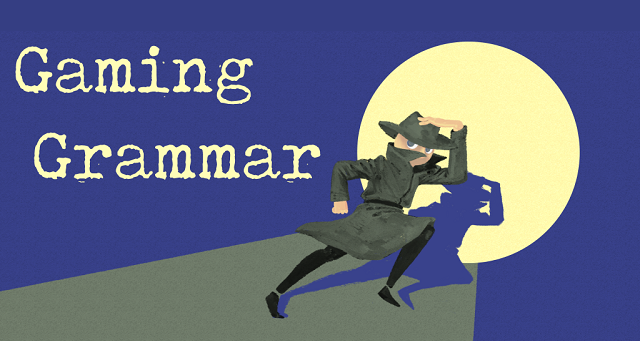Learning grammar is a fundamental part of learning a new language, because it can help us understand how we build words and how we put those words together to make phrases and sentences. The importance of understanding grammar when learning a new language is emphasized in England’s primary school National Curriculum for foreign languages, which came into effect in 2014 and made foreign language learning compulsory from the age of seven. Similarly, the MFL Pedagogy Review of language teaching in secondary schools emphasizes the importance of pupils developing systematic knowledge of grammar. However, many people find learning grammar a bit dull or difficult, particularly if they are learning grammar in a new language. The question of how to teach grammar effectively and in a fun and engaging way continues to be widely debated amongst researchers, teachers, and learners alike. Further, despite the renewed emphasis on grammar teaching within the national curriculums, there is a shortage of research-based resources to support grammar teaching and learning at both primary and secondary school level.

To address this need, Dr Rowena Kasprowicz has been working with researchers, game designers, and software developers at the Digital Creativity Labs and the National Centre for Excellence in Languages Pedagogy, on the development of Gaming Grammar, a digital grammar learning game. The game teaches grammar through listening and reading practice called form-meaning mapping, a research-based teaching approach that makes grammar essential for understanding meaning. This approach has been widely researched internationally, including by Dr Kasprowicz and Professor Emma Marsden within the UK primary and secondary school contexts. Their research has shown that by providing focussed listening and reading practice, which draws students’ attention to the meaning of grammar, students not only get better at understanding new pieces of grammar when listening and reading, but also get better at accurately using new grammar features when writing and speaking.
Utilising this grammar teaching technique and harnessing the proven educational power of games – narrative drive, in-built rewards, interactivity, personalised pace, and measureable progress – Gaming Grammar aims to make grammar practice effective, engaging, and motivating, through a suite of mini-games practising a range of grammar features in French, Spanish, and German. Each mini-game is based on a spy mission and practises a pair of grammar features. To complete each mission successfully, the player must crack the code by learning how to understand the grammar features.
In 2017, a prototype of the game in French was trialled in collaboration with seven schools in North Yorkshire. This classroom-based evaluation provided a detailed understanding of the learning that occurred as a result of playing the game. The prototype game has since been expanded to include German and Spanish alongside French, a wider range of grammar features in all three languages, and an intuitive interface for teachers to enable progress tracking within their classes. In 2019, the game was rolled out as a curriculum resource to the 45 schools within the NCELP network to enable a larger-scale trial across a range of settings and platforms.
From January 2021, Gaming Grammar has now been made available to the wider public and will provide a valuable resource to support grammar learning both within and outside of the classroom in the UK and beyond. Further, the game will generate valuable data on the nature of the grammar learning process and on the wider application of gamification in education.
For more information and to access the game, please visit the Gaming Grammar homepage.
Rowena Kasprowicz is a Lecturer in Second Language Education in the Institute of Education.
